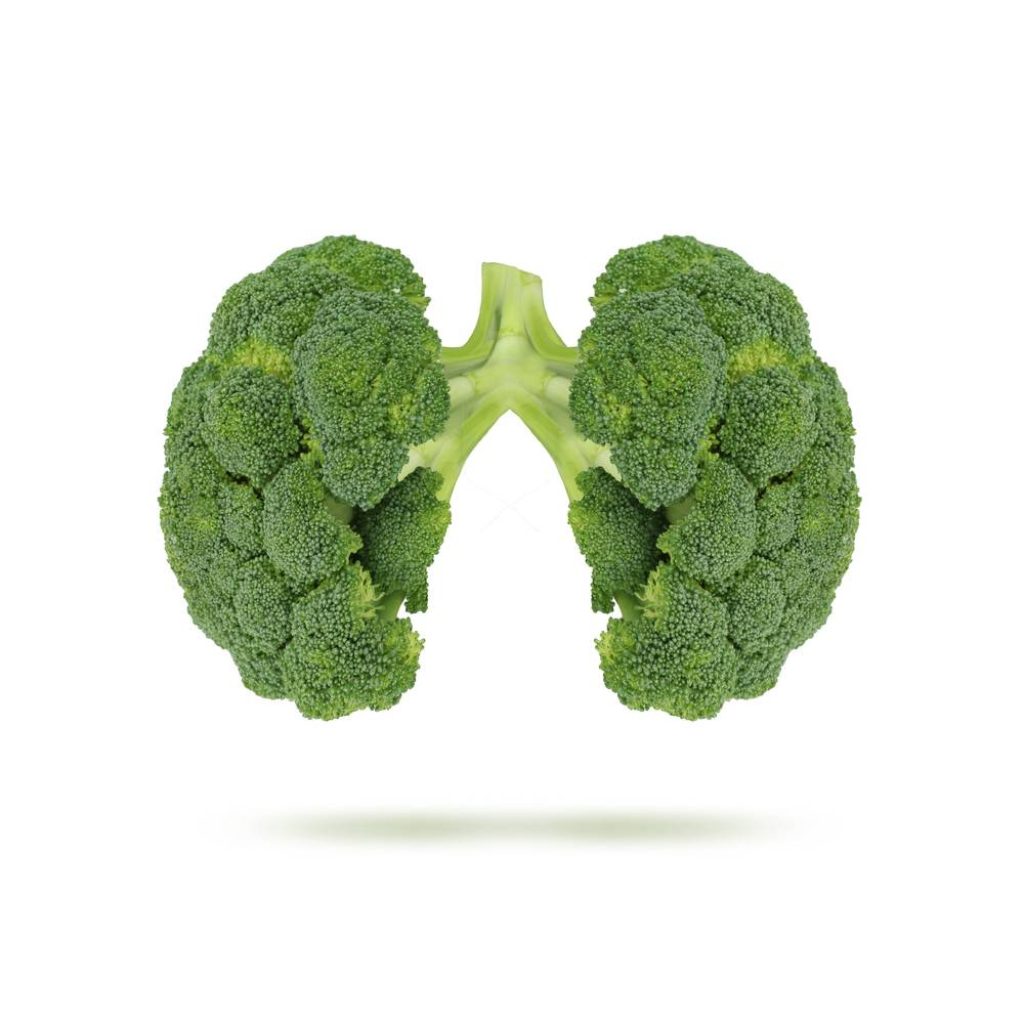
Best Foods To Reduce The Risk Of COPD
COPD (Chronic Obstructive Pulmonary Disease) is an umbrella term that consists of a number of progressive inflammatory lung diseases, such as Asthma, Bronchitis and Emphysema. These diseases damage and constrict the lungs, gradually making it more difficult to breathe properly over time. Luckily, it’s treatable and usually very preventable.
Related Topics (Sponsored Ads):
Around a staggering 90% of all COPD sufferers are either smokers of tobacco, or victims to excessive second-hand smoke, making smoking the leading culprit of this disease. COPD can also potentially develop in individuals who are female, who are genetically predisposed to it, who are over the age of 65, who have been exposed to too much air pollution, dust or chemicals, or who suffered from lung diseases/infections in their childhood.
But thankfully, there are ways to significantly reduce your risk and to better protect your lungs from getting COPD, such as lifestyle changes and eliminating bad habits/addictions. It might surprise you, but there are various healthful foods that can actually be very beneficial for COPD prevention.

Important Note Regarding COPD
COPD symptoms vary greatly from person to person, such as wheezing, coughing and heavy fatigue among many others. But in order to be diagnosed with COPD specifically, the symptoms must be very chronic and long ongoing.
Acute Asthma, for example, is often brought about due to an allergic reaction or an anxiety attack, and goes away after treatment. So, if you are prone to acute Asthma, then no need to worry, you don’t have COPD. However, it can become chronic if it happens too often, so you will need to try to avoid the triggers as much as possible.
Potassium- Rich Fruits And Vegetables
Your lungs need a generous amount of potassium in order to stay healthy and function at peak level. Some of the fresh fruits and veggies that will give you all the potassium you need include dark leafy greens, tomatoes, asparagus, beets, potatoes, avocados, bananas and oranges.
Fruit salads or smoothies are always a great idea, as long as no sugar is added to them. Too much sugar in our diet can lead to diabetes and a slew of other health conditions, so it’s best to moderate it. Also, fruit drinks are usually full of added sugar, so it’s best to keep that at a minimum.
Additionally, these fruits and vegetables are also rich with many essential vitamins and minerals that help strengthen your immune system and fight off inflammation and infections. In other words, increasing your daily potassium intake is a no brainer.
Protein-Rich Lean Meats
Be sure to keep your fridge well stocked with low-fat/ lean meats and poultry. Protein provides energy and improves the health and strength of your tissues, brain, bodily functions, muscles and bones. You can be as creative as you wish- You can either bake it, broil it, or grill it. Whichever suits your fancy. Just don’t add too much salt, as this can aggravate your heart and lungs and be harmful to your health.
If you’re a light-vegetarian, there is no shortage of excellent protein rich options. Go ahead and add more eggs and fatty fish, such as salmon, tuna and sardines to your meals. Vegan? No problem. You can opt for beans, peas, nuts and seeds instead. Additionally, the optimum recommended protein amount is 5.5 oz. daily.
Complex Carbohydrates
If you don’t like a lot of the vegetables, you can go for the complex carbohydrates instead. These foods are high in fiber, which helps improve the function of the digestive system and blood sugar management. Word of caution though- Fiber may be our friend, but in excess it can cause constipation. So make sure to drink lots of water to avoid this. Good, complex carbs to incorporate into your diet include: peas, bran, potatoes with skin, lentils, quinoa, beans, oats and barley.
Dietary Supplements
Although they aren’t food, vital vitamins and minerals for lung health can be extremely helpful to consume with your meals.
Our daily lives and schedules can be quite hectic; thus we often find ourselves lacking the time, money, energy and patience to buy and make those super healthy, well-balanced meals. Many people are just picky and don’t like a great variety of important and nutritious foods, or they follow a strict diet that makes it impossible to get those vital nutrients. For all these reasons, supplements are always a good idea to have in your fridge or designated health cabinet.
Some of the most highly recommended daily vitamins, minerals and natural herbs to help keep COPD far away include: Quercetin, Bromelain, Vitamin C, Nettle extract, Vitamin D, Vitamin B6, Zinc, Magnesium, Calcium, Pantothenic Acid and Licorice Root.
Final Thoughts
Apart from better dietary choices, because COPD is primarily a disease caused by smoking- if you’re a smoker, this by itself is a very strong reason to quit smoking as quickly as you can in a smart and healthy way. Once you quit, you will already see and feel an improvement in your general health within a matter of days.
If others are smoking near you, the very best and most effective way to protect your lungs is to request that they go elsewhere. If they don’t, then distance yourself from it however and whenever possible. COPD is typically much easier to prevent than treat, so the more you try to protect yourself from it, the better off you’ll be.




